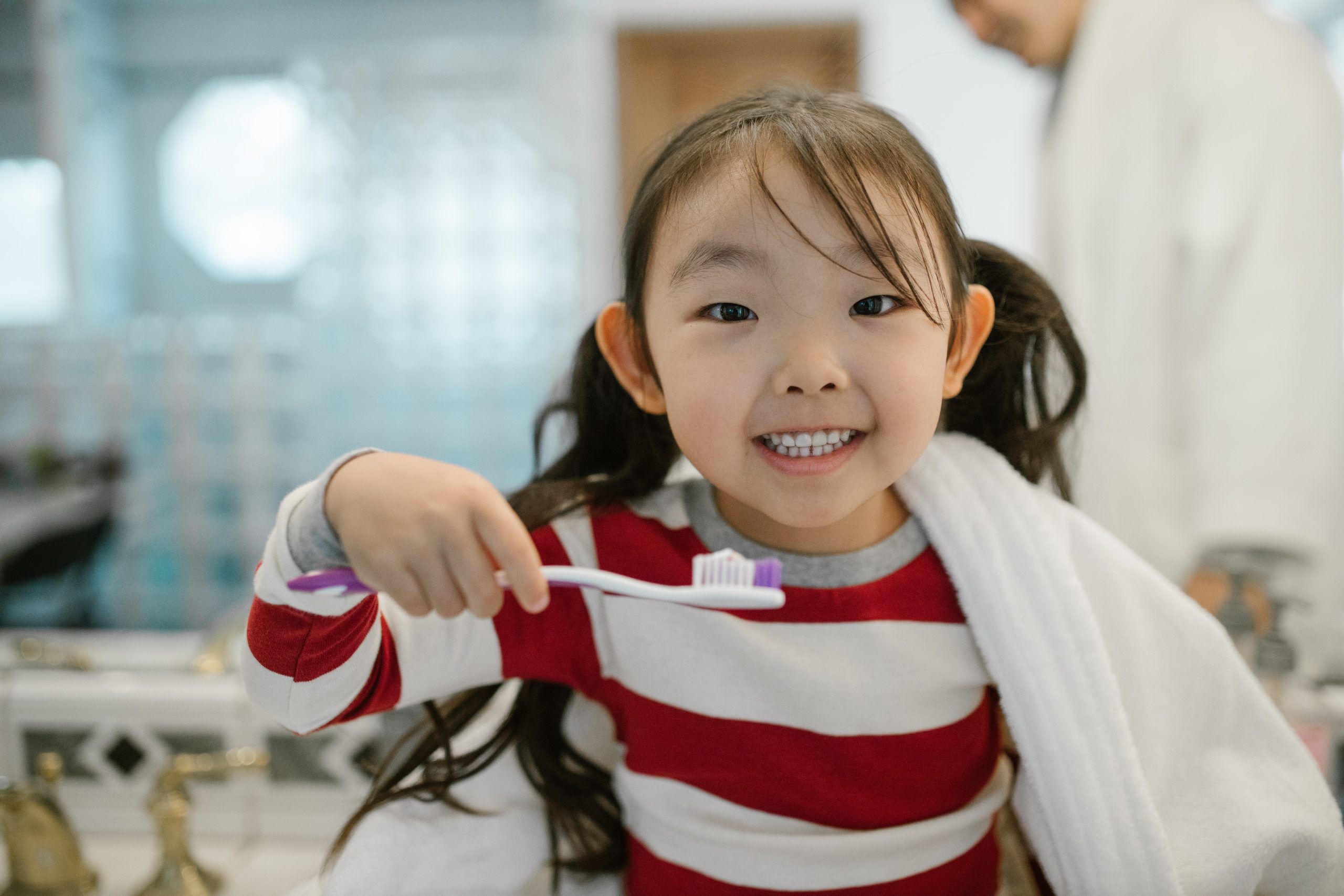For parents, it is easy to follow hygiene habits since they already know about the importance of good hygiene (whether that is through the easy way or the hard way). However, it’s a different ball game when teaching personal hygiene for kids. It would help if you kept your kids healthy. And for that, we’ve created a simple guide. Let’s check the details.
Why is Good Hygiene Important?
Teaching kids personal hygiene habits is important for several reasons:
- Promotes health: Good hygiene practices help prevent the spread of germs and illnesses, keeping children healthy at every stage of growing children.
- Encourages cleanliness: Developing good hygiene habits at a young age can help children learn the importance of being clean and tidy, which can carry over into adulthood.
- Builds self-esteem: Children who practice good hygiene feel good about themselves and have more confidence.
Tips for Teaching Good Hygiene to Kids
The purpose of a guide on teaching kids how to use hygiene products and maintain good hygiene habits is to provide parents and caregivers with information and tips on how to effectively teach children about proper hygiene practices, including hand-washing, brushing their teeth, and covering their mouth and nose when coughing or sneezing. The guide can also help children establish and maintain good hygiene habits that can contribute to their overall health and well-being.
1. Washing Hands
Regular hand-washing is crucial in preventing the spread of germs and illnesses. Encourage your children to make it a habit to wash their hands frequently, especially after contact with potentially contaminated surfaces or activities. Remind them to use soap and water, and to scrub for at least 20 seconds. Drying hands thoroughly with a clean towel or air dryer is also important since moisture is the best place for germs and bacteria to thrive.
For promoting proper hand hygiene in your house, you can put some posters inside the washroom on how to use hygiene products. Your kids need to not only wash their hands properly but also know when to use hand sanitizers and wet wipes. They need to wash their hands:
- Before eating.
- After touching frequently-touched areas.
- Before and after treating wounds.
- After touching pets.
- After using the toilet.
Also, your kids will need to use hand sanitizers and wet wipes when the washroom is not at hand reach.
2. Brushing Teeth Twice a Day
Brushing teeth regularly is essential for maintaining good oral health and preventing tooth decay and gum disease. It is recommended to brush your teeth at least twice a day, in the morning and before bedtime, for two minutes each time. Using toothpaste can also help strengthen teeth and prevent cavities.
Make sure to supervise your children while brushing and flossing to ensure they are using the proper technique and to help them establish good oral hygiene habits that will last a lifetime.
3. Covering the Mouth When Sneezing or Coughing
Covering your mouth and nose when coughing or sneezing helps to prevent the spread of germs and reduce the risk of illness. Encourage your children to use a tissue to cover their mouth and nose, or to cough or sneeze into their elbow if a tissue is not available.
Remind them to throw used tissues in the trash immediately and wash their hands after coughing or sneezing to further reduce the spread of germs.
4. Bathing Regularly
Regular bathing is an important aspect of good hygiene. It helps to keep the skin clean and free of dirt, oil, and bacteria that can cause skin irritation or infections. Encourage your children to take a bath or shower at least once a day, and to use soap to wash their bodies, including under their arms, behind their ears, and between their legs.
Teach them to wash their hair regularly and to rinse thoroughly to remove soap and shampoo. Regular bathing can help your children feel fresh, clean, and confident, and promote overall health and well-being.
5. Avoiding Touching the Face
Touching the face, especially the mouth, nose, and eyes, can introduce germs and bacteria into the body, which can lead to illness. Encourage your children to minimize face-touching, especially after being in contact with potentially contaminated surfaces or objects. Remind them to wash their hands frequently, especially before touching their face, to reduce the risk of infection. This simple habit can help keep your children healthy and prevent the spread of germs.
6. Cleaning and Disinfecting Surfaces
Regular cleaning and disinfecting of frequently-touched surfaces can help prevent the spread of germs and reduce the risk of illness. Encourage your children to clean and disinfect their personal spaces, such as desks, keyboards, phones, and toys, regularly using an appropriate disinfectant.
Teach them the importance of cleaning these items to keep them germ-free and healthy. Cleaning and disinfecting surfaces can be a simple but effective way to maintain good hygiene and promote overall health.
These were all the tips that you as a parent need to consider to teach your kids to take care of their bodies properly. If they follow the simple hygiene habits at your home, most probably they may follow them outside of the house as well.
– Article and Resources Contribution by Arnold Williams
Are you looking for inspiration for helping your tween and teen grow? Are you tired of feeling run down and want guidance on how to feel better and be healthier?
Work with me personally! Click for more information on my coaching sessions. Please click here if you’d like to reach out to me for general inquiries, media appearances, and/or speaking engagements.
To you and your family living a more healthy, productive, and fulfilling life!
To your self-care!



